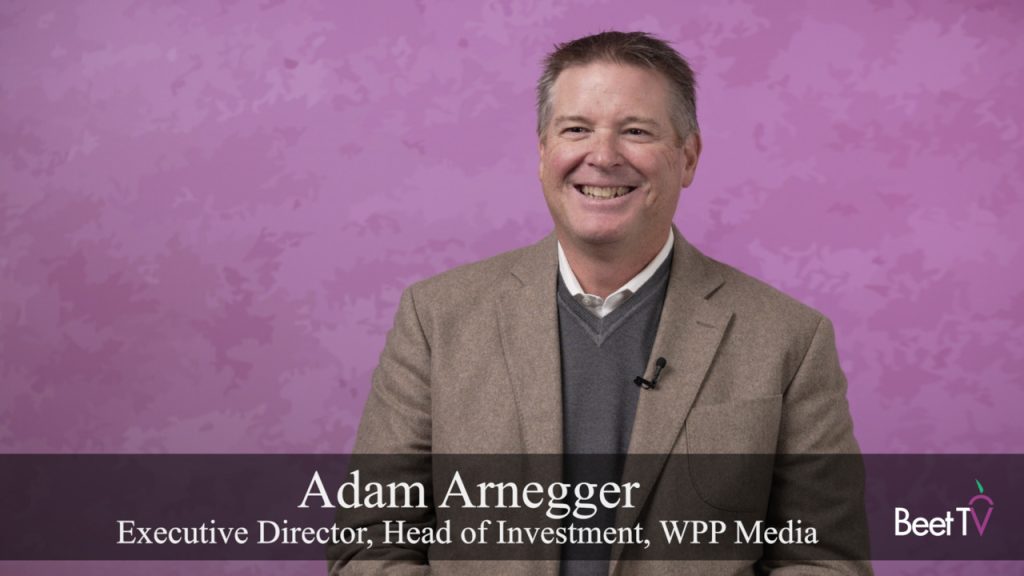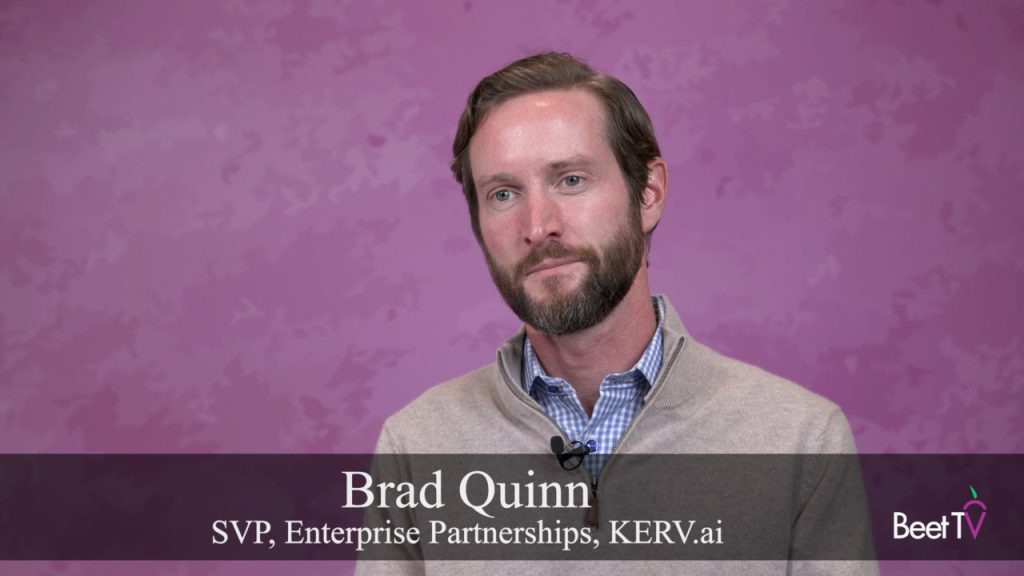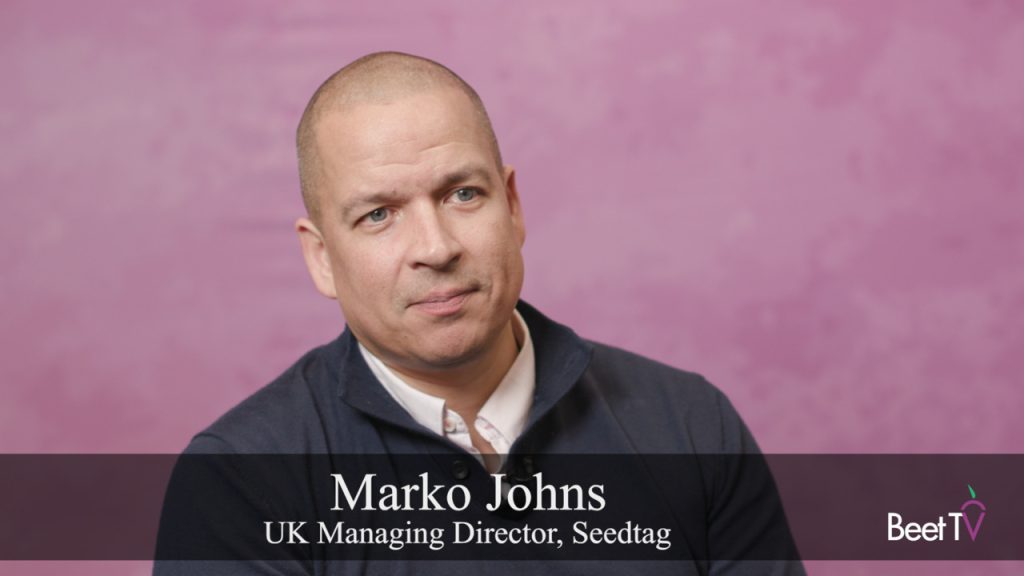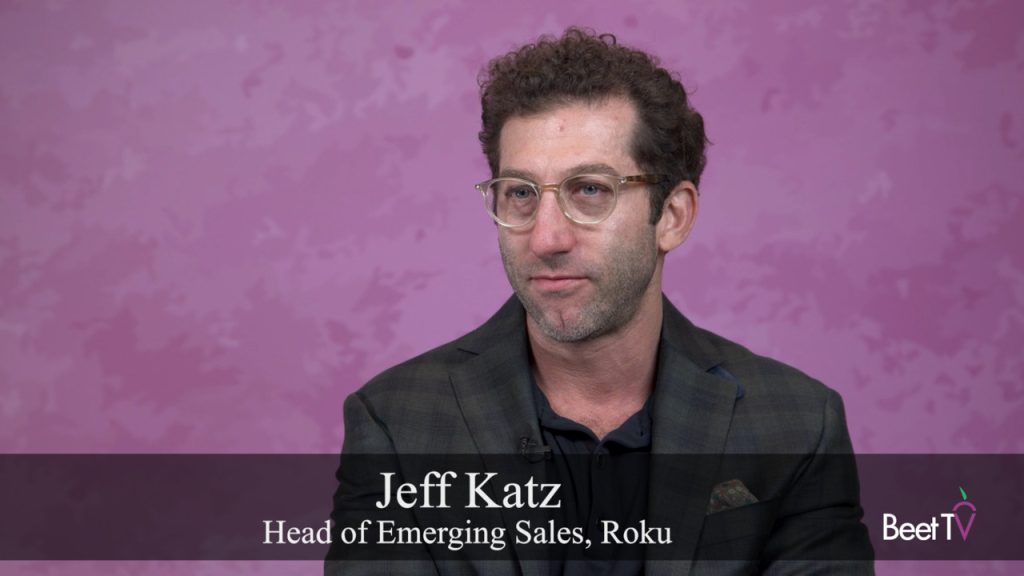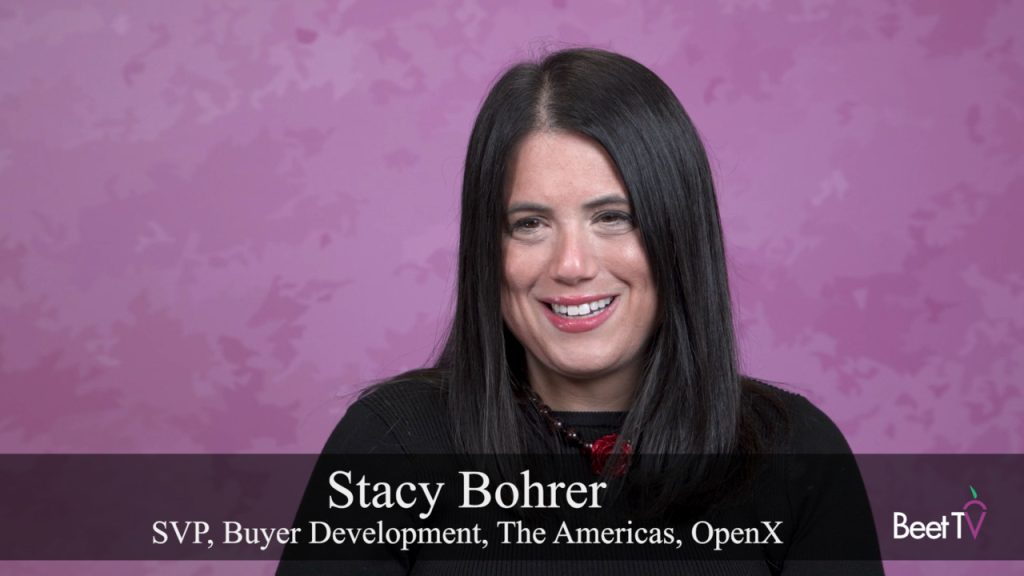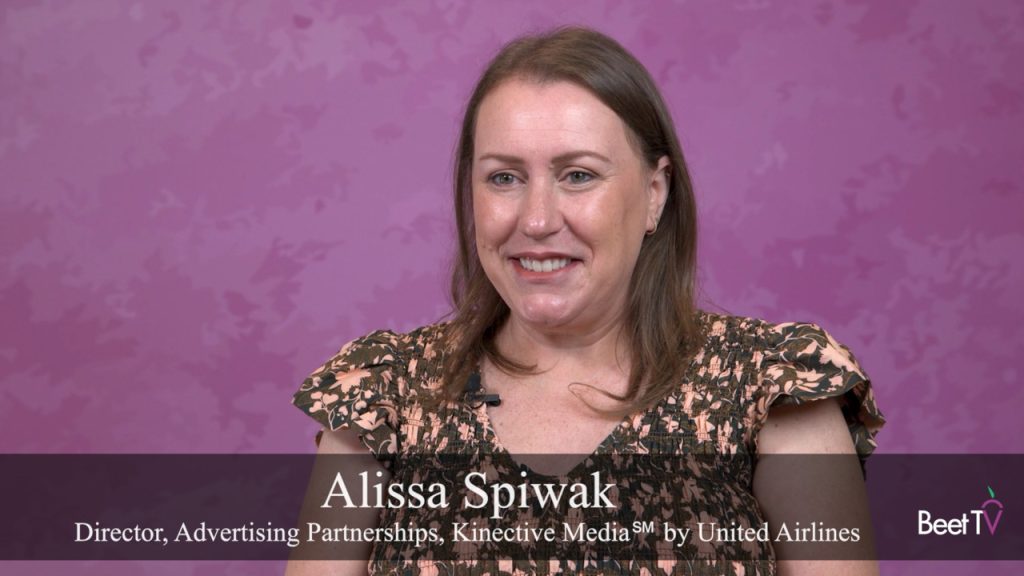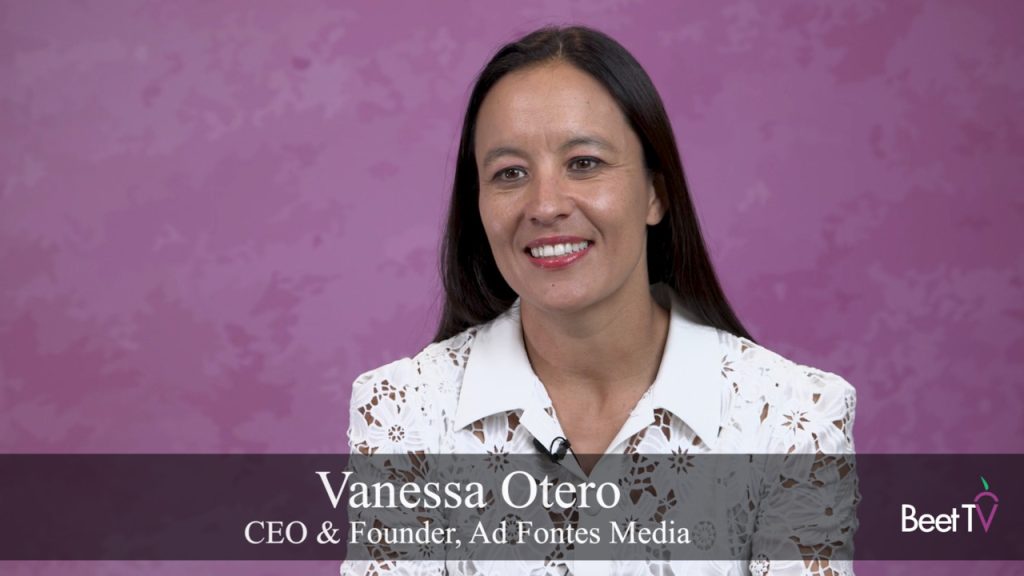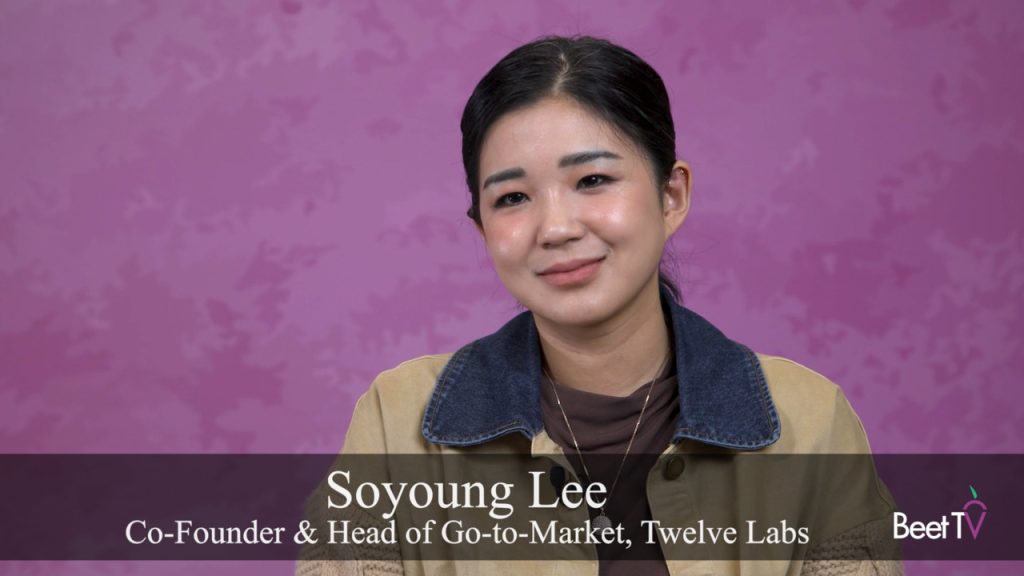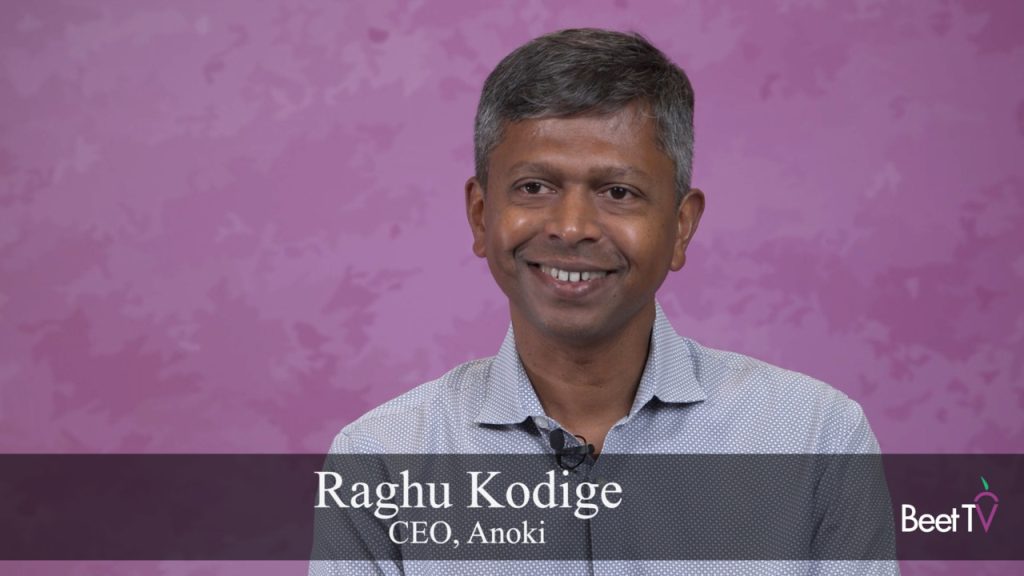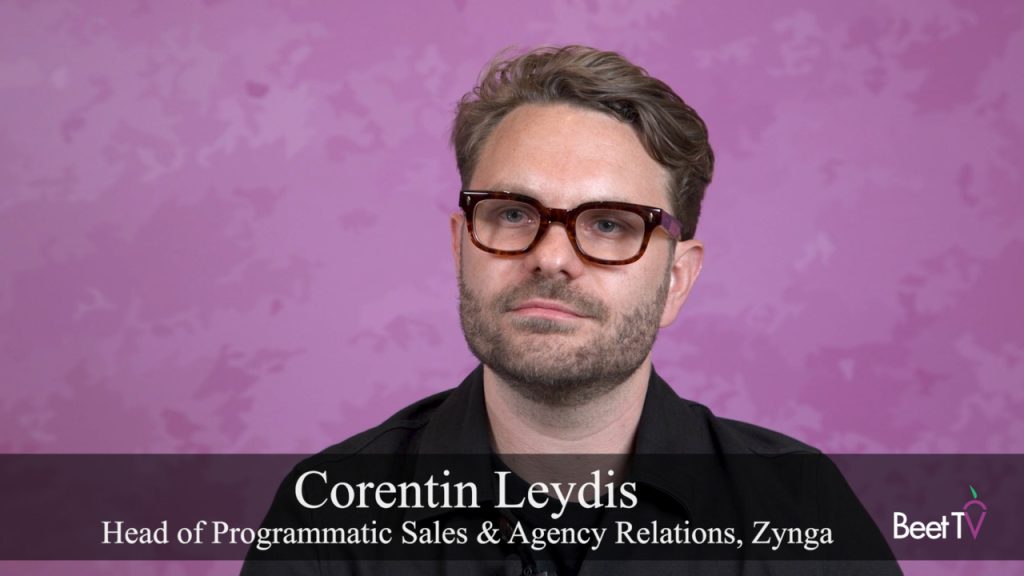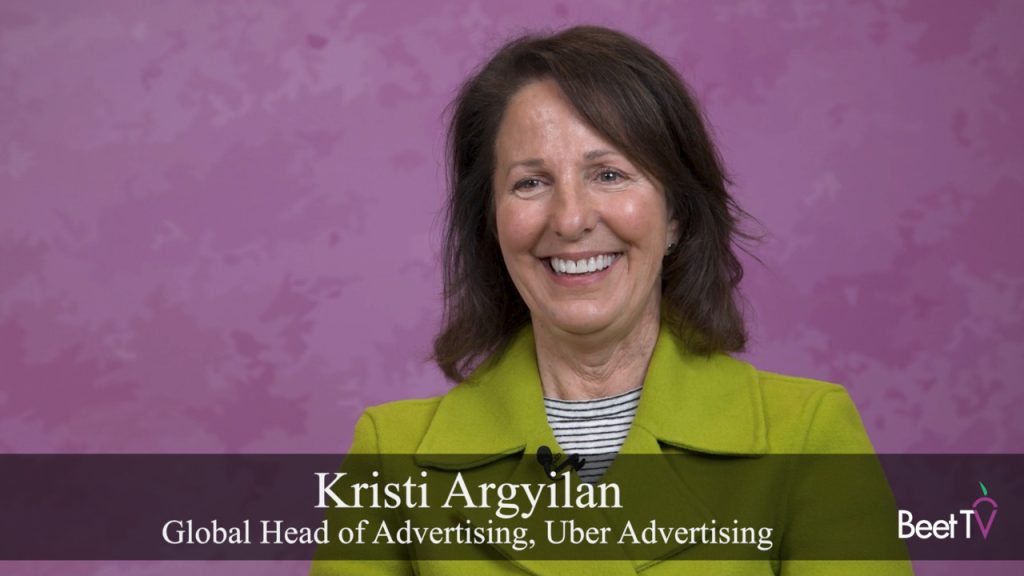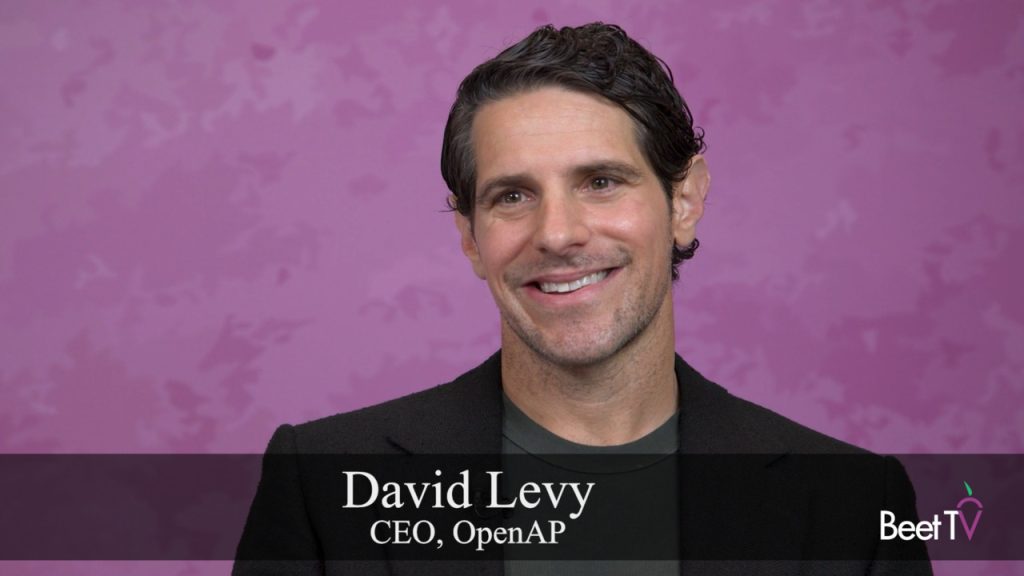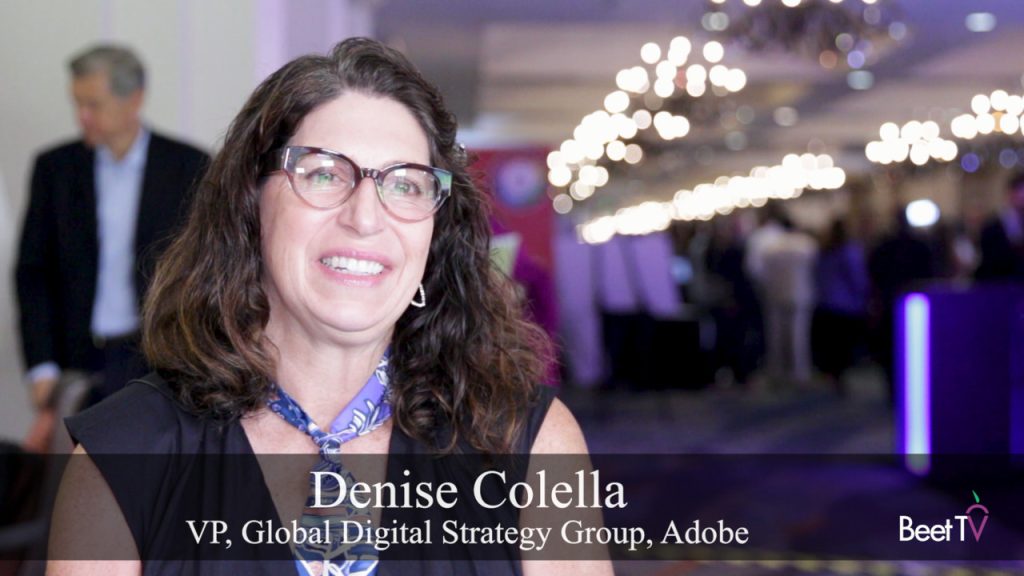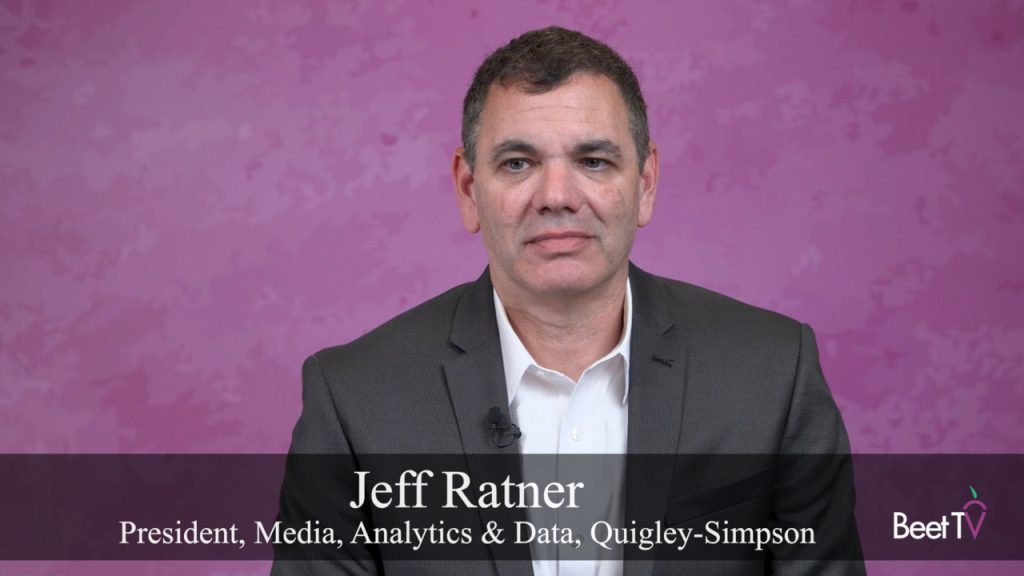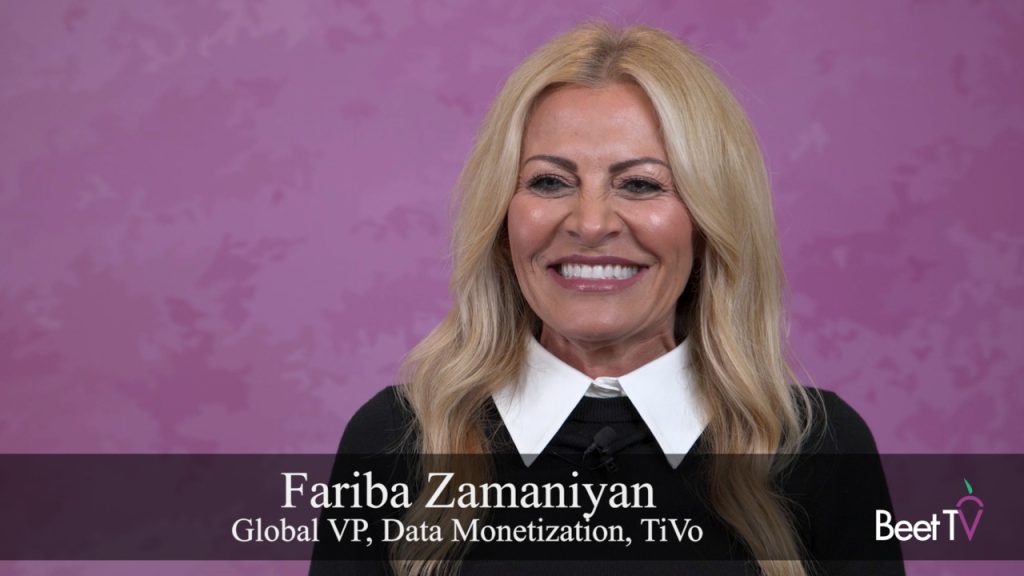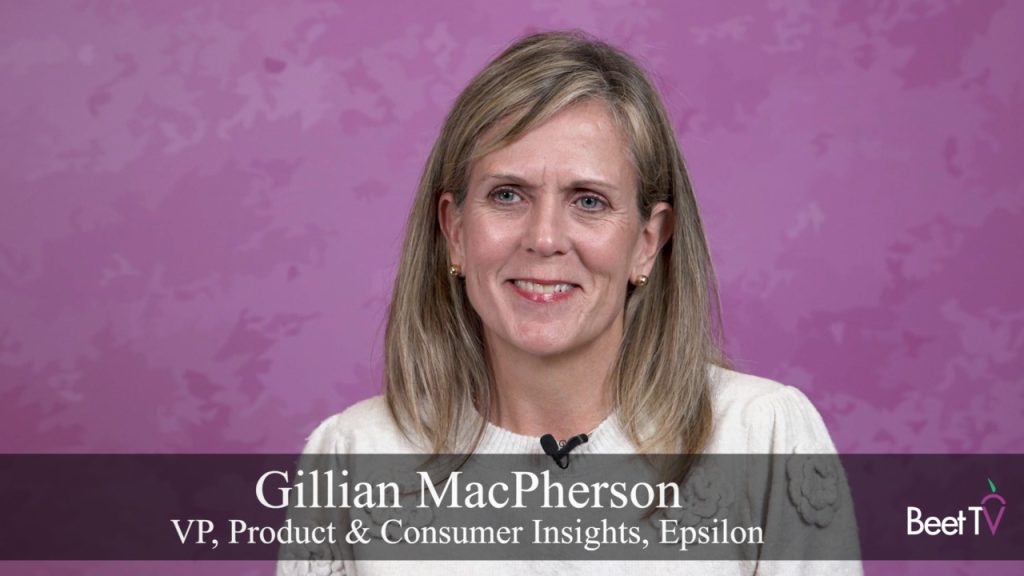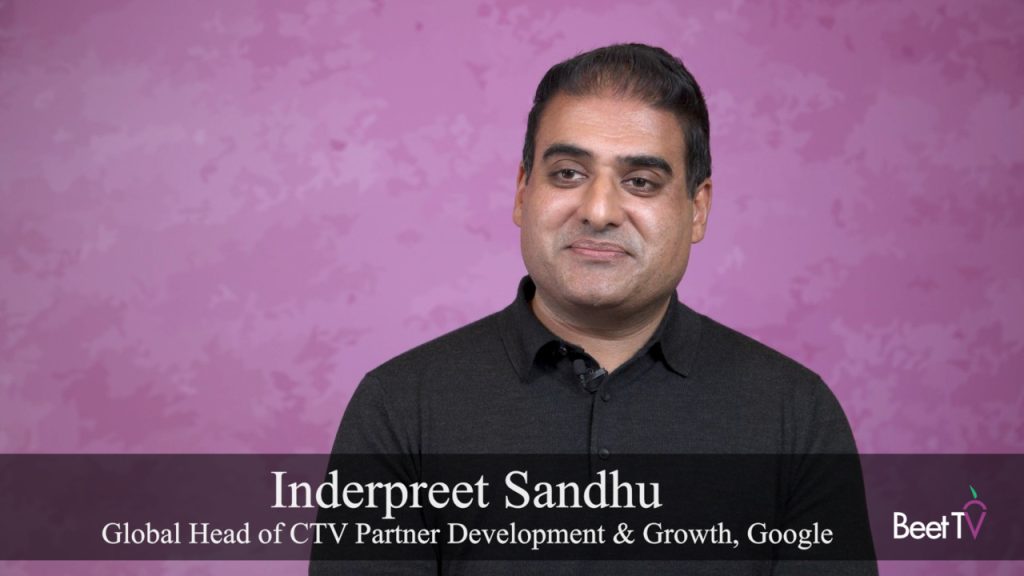In a digital advertising world increasingly dominated by Google and Facebook, there is still a clutch of large-scaled ad-tech platforms that give the duopoly a good run for its money.
But is the two giants’ lead unassailable if those platforms continue working alone?
That is a question three of them set out to answer this May, when AppNexus, Index Exchange and LiveRamp created The Advertising ID Consortium, a big initiative to create a single pool of user identities.
In this video interview with Beet.TV, LiveRamp’s Travis Klinger explains the mission.
“Marketers today are increasingly driving their spend towards Facebook and Google because they get a full people-based experience and they have 100% inventory recognition,” Clinger says.
“On the open web, they don’t that experience. They maybe have 60% inventory recognition on and there are no people-based identifier in the bid request. So, we wanted to change that.
So the consortium is trying to advance two pieces of technology:
- Open Ad ID: used by the consortium members as the standard for single device cookie identification.
Open IdentityLink: a common people-based identifier provided to consortium members, for resolving identity across channels, devices, and platforms.
“We wanted to move to a single cookie, a standard cookie,” Clinger adds. “There’s no reason that one browser needs a couple hundred cookies on it. We can have just one or a few cookies.”
The consortium wants to include people-based identifiers in ad bid requests. And Clinger says it’s all about giving the open web the same powers offered through the big platforms.
“Today, if I want to go to Facebook or Google, I know that I’m going to recognize that person and I can tie first- and third-party data to that person, and I can onboard it directly into those platforms,” Clinger explains.
“I should be able to do that across the open web. The average person spends 27 minutes a day on Facebook but over three hours a day on the open web.”
This interview took place at the AppNexus customer summit in New York.






